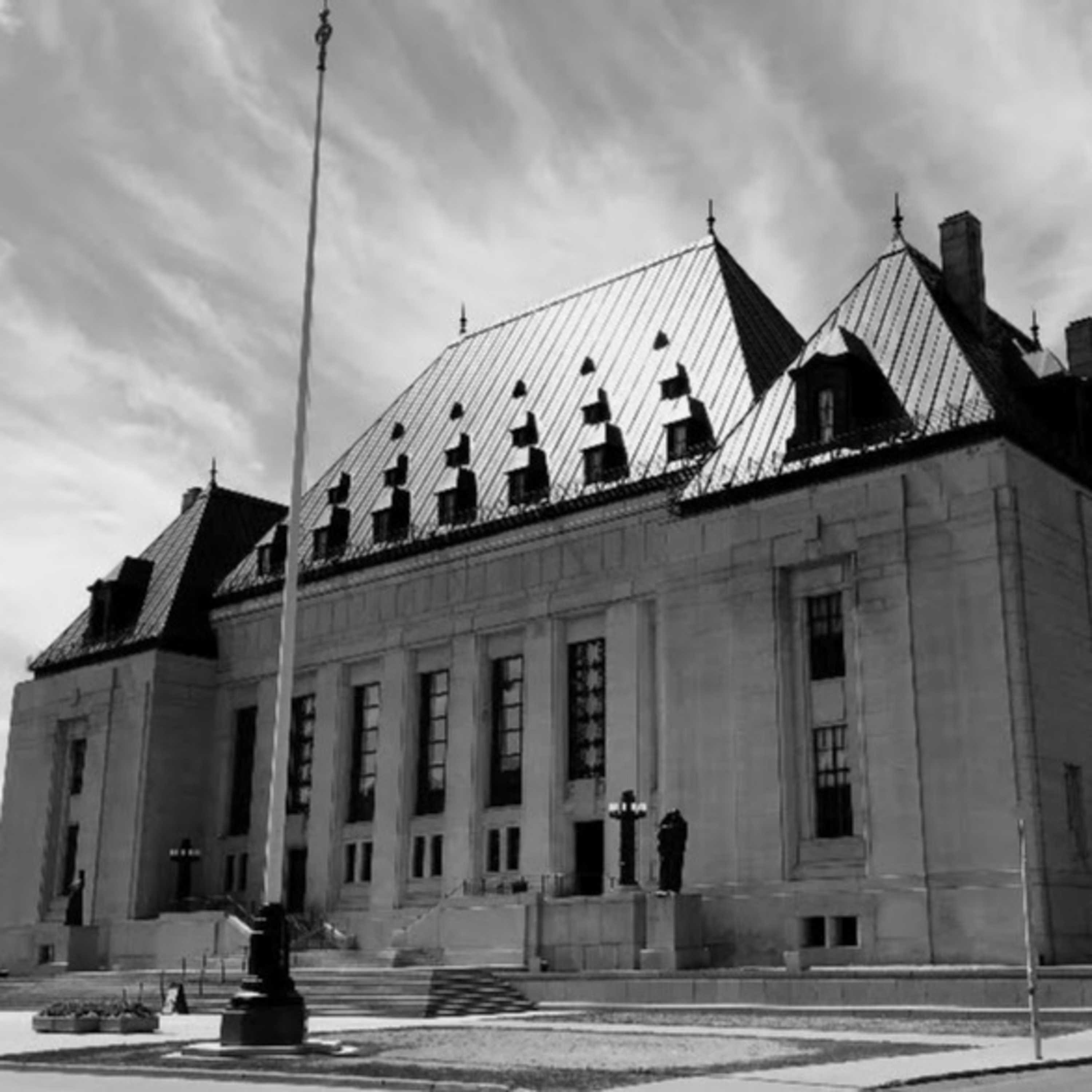The appellant, John Aquino, was the directing mind of Bondfield Construction Company Limited (“BCCL”) and its affiliate, 1033803 Ontario Inc., commonly known as Forma-Con (“debtor companies”). He and the other appellants carried out a false invoicing scheme over a number of years by which they siphoned off tens of millions of dollars from both debtor companies. The respondents challenged the false invoicing scheme and sought to recover some of the money under s. 96 of the Bankruptcy and Insolvency Act and s. 36.1 of the Companies’ Creditors Arrangement Act, R.S.C. 1985, c. C-36. They asserted that the false invoicing scheme was implemented by means of transfers at undervalue by which Mr. Aquino and the debtor companies intended to defraud, defeat or delay a creditor. The appellants asserted that the principles of the common law doctrine of corporate attribution set out in Canadian Dredge & Dock Co. v. The Queen, [1985] 1 S.C.R. 662, did not permit the imputation of Mr. Aquino’s intention to either debtor company. The application judge imputed the fraudulent intention of Mr. Aquino to the corporate debtors. The Court of Appeal dismissed the appellants’ appeals.
Argued Date
2023-12-05
Keywords
Bankruptcy and insolvency - Bankruptcy and Insolvency — Doctrine of corporate attribution — Interpretation of requirement that debtor have intent to defraud, defeat or delay creditor, set out in provision of Bankruptcy and Insolvency Act that permits courts to declare transfers at undervalue void — Courts below holding intent requirement met by attributing intent of companies’ directing mind to the corporate debtors — Whether the Court of Appeal was entitled to reframe the common law corporate attribution doctrine, as formulated in Canadian Dredge & Dock Co. v. The Queen, [1985] 1 S.C.R. 662, and its progeny, within the bankruptcy context — Whether the Court of Appeal made an extricable error in law when it upheld the applications judge’s ruling to the effect that the true financial condition of the corporate debtors, at the time of the impugned transactions, was not “determinative” of whether its directing mind, as a matter of fact, had the requisite intent to defraud, defeat or delay the third-party creditors — Bankruptcy and Insolvency Act, R.S.C. 1985, c. B-3, s. 96.
Notes
(Ontario) (Civil) (By Leave)
Language
English Audio
Disclaimers
This podcast is created as a public service to promote public access and awareness of the workings of Canada's highest court. It is not affiliated with or endorsed by the Court. The original version of this hearing may be found on the Supreme Court of Canada's website. The above case summary was prepared by the Office of the Registrar of the Supreme Court of Canada (Law Branch).
